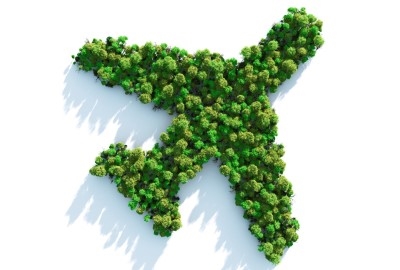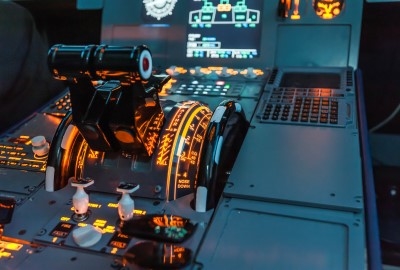To reach net-zero emissions: one solution is not enough
The aviation industry is under pressure to reduce emissions and meet net-zero targets. While sustainable aviation fuels are a key solution, multiple approaches will be needed.

This is the conclusion of an analysis by Tom Fadden, Global Head of Aviation at Allianz Global Corporate and Specialty, on Bizcommunity.com. Fadden is exploring the challenges of aviation in the context of pledges to reach Net Zero by 2050. “From the International Air Transport Association's (Iata) commitment to 'Fly Net Zero' to the declaration from the International Aviation Climate Ambition Coalition at COP 26, the air transport industry is not short of promises to dramatically reduce its carbon footprint”, Fadden states.
According to his report, clear progress can be seen in the production of sustainable aviation fuels (SAFs) which are a key solution, with many airlines looking to increase usage to reduce emissions. The EU requires every flight leaving its airports to carry a minimum amount of SAF (2% in 2025 and 5% by 2030) as part of its ‘Fit for 55’ package.
SAFs have three categories: those recycled from waste, those created directly from crops, and synthetic fuels. Synthetic fuels, while requiring cheap and high volume green electricity, have shown to produce an 80% reduction in lifecycle emissions.
There is also potential for electric and hybrid aircraft in the future, Fadden states. “However, technological maturity remains a challenge – in particular battery density and the associated range”, Fadden states. Airbus plans to develop the world's first zero-emission aircraft using a blend of electric and hydrogen propulsion called the three ZEROe concepts. The hybrid aircraft will be able to carry a greater range than pure electric aircraft.”


